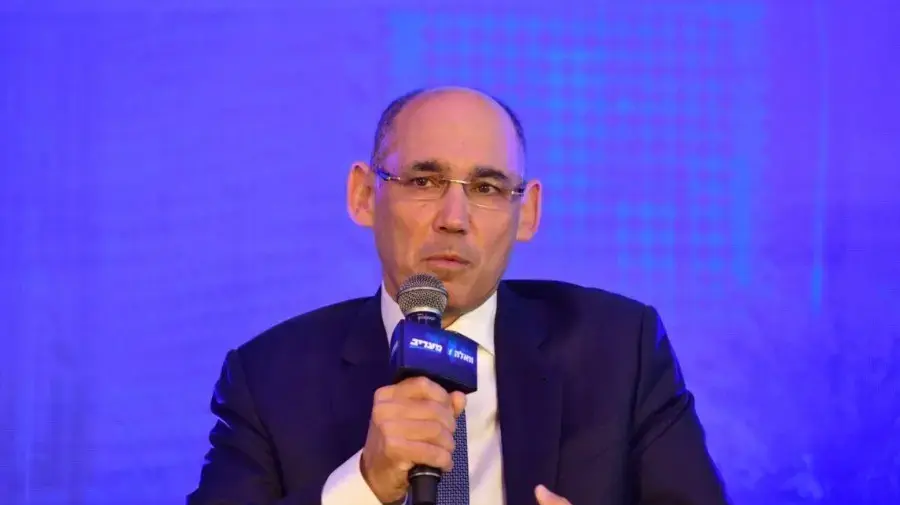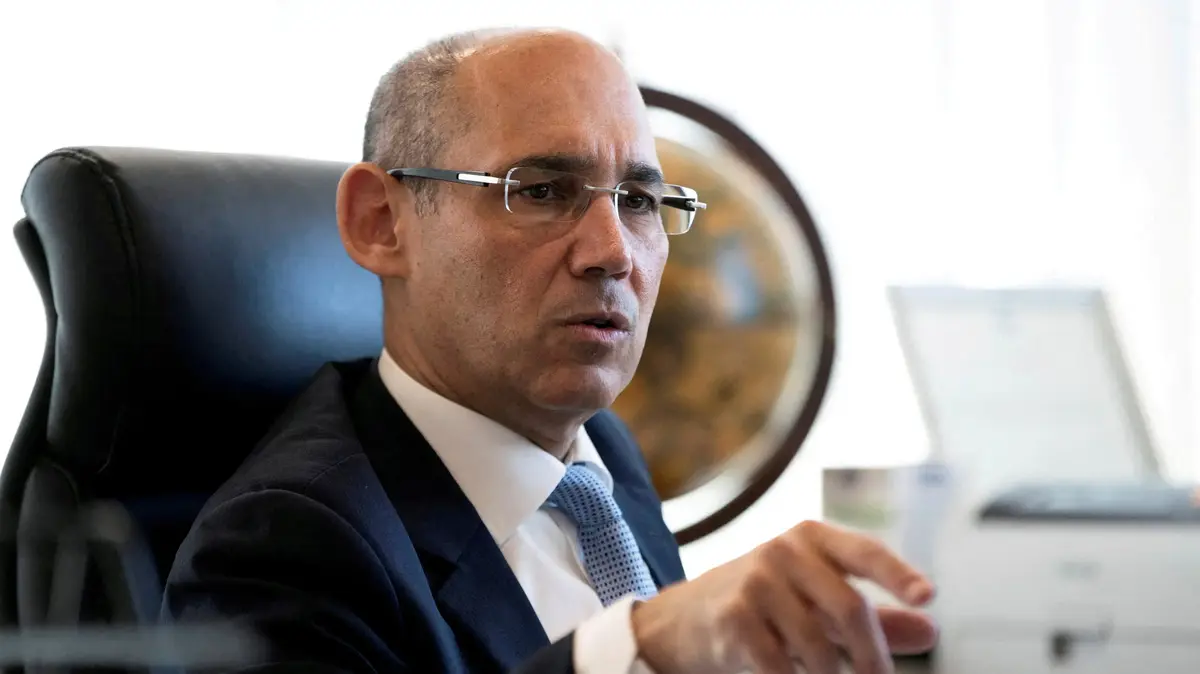The governor raised the interest rate in the economy to 0.35%.
What to do to save money?
The governor announced the new interest rate, which rose to 0.35%.
The increase in the Bank of Israel's interest rate increase also means an increase in the prime interest rate, which is the basis for any loan, including a mortgage.
Although the difference in the monthly repayment is small, in the case of mortgages it can add up to tens of thousands of shekels.
what can we do?
Liat Ron
11/04/2022
Monday, 11 April 2022, 13:35 Updated: 16:04
Share on Facebook
Share on WhatsApp
Share on Twitter
Share on Email
Share on general
Comments
Comments
After a three-and-a-half year hiatus, the Governor of the Bank of Israel decided to raise the interest rate from 0.1% to 0.35%.
Ostensibly this is an increase of fractional percentages, something that can be ignored.
But make no mistake.
What appears to be negligible will affect our pocket - and we should be prepared for that.
Let's take a moment to step back and briefly address the psychological element of the step.
Economy is based on trust between people.
If I took a loan from you, I promise to repay it and to make sure it happens, I will pay you interest, which is basically the price of the trust you give me.
Basically, we are enslaving our future for present consumption.
Until the decision to raise the interest rate, we paid a little for the trust that financial entities give us, from now on the financing of the money they give us becomes more expensive, and that is the rise in interest rates.
Two types of interest rate should be separated, that of the Bank of Israel, the current interest rate and the "prime interest rate", the monetary interest rate, which includes the Bank of Israel interest rate plus one and a half percent.
Whoever took out a prime interest loan will pay 0.35% plus one and a half percent, a total of 1.85% percent.
Good to know (promoted)
Perfect gift for the holiday: towels and bed linen at especially affordable prices
To the full article
Governor of the Bank of Israel, Prof. Amir Yaron: The main meaning of raising interest rates is the rise in money prices.
All borrowers will pay more (Photo: Official website, Bank of Israel spokeswoman)
The main problem will start if there are further interest rate hikes
Yaron Gindi, president of the Chamber of Tax Advisers
, explains: "The rise in interest rates, that is, the rise in the price of money, affects every area of our lives and not just the mortgage as one might think. Suppose a restaurant owner wants to renovate it. "It's for the consumer and therefore the price of the dish will go up. That way we will pay more for our vacations that we have paid for the payments, because the interest on them will go up, as well as for the car loan, for the products in the supermarket, for everything we buy."
For example, if you took out a loan at a current interest rate of NIS 100,000 and the interest rate rose by a quarter of a percent, you will pay another NIS 250 a year, almost NIS 21 a month.
For a NIS 1 million loan, you will pay NIS 2,500 a month.
CPA Amir Eyal, Chairman of the Infiniti Investment Group
, Says that if the governor decides to raise the interest rate several times by the end of the year and it reaches a level of 1.5%, the person who took a loan of one million shekels will pay another 15,000 shekels a year, and here a problem may arise for those who have nowhere to return the money.
"We will also pay more for the deficit in the bank," says Eyal.
"When the prime interest rate goes up and we pay another five or there is a percentage, it can be significant. For those who have large debts, it is even worse. A loan with credit cards for debtors can also reach 12%.
In the end, the interest is a kind of tax "It falls mainly on the middle class and the low socio-economic class who take out mortgages. The intention is to make it harder for buyers to buy without an account and to cool inflation."
The monthly repayment of the mortgage can be very expensive, especially if the current interest rate increase is the first in a few beats (Photo: ShutterStock)
For the information of mortgage holders
Rising interest rates are hurting families who have taken out mortgages, especially those linked to interest rates.
"I always recommend that anyone who takes out a mortgage, regardless of the interest rate increase, consult with professionals," Gindi points out, "because one should keep one's finger on the pulse and check the interest rates and options for changing mortgage terms, because a large portion of the public will end up paying less.
" Looking ahead, all types of mortgages - at a fixed interest rate, a fixed interest rate plus an index and a prime interest rate, will pay more money on them.
After all, you should check out the mix and check out the possibility of a mortgage cycle.
It should be remembered that despite the increase, our interest rates are still low, allowing households and the business sector to get credit at affordable prices.
"When we succeed in lowering inflation and raising interest rates is one of the tools to do that, the situation will balance out."
Of money
Our money
Tags
Interest rates in the economy
Bank of Israel Governor
Amir Yaron
Bank of Israel
Loans
Mortgages









